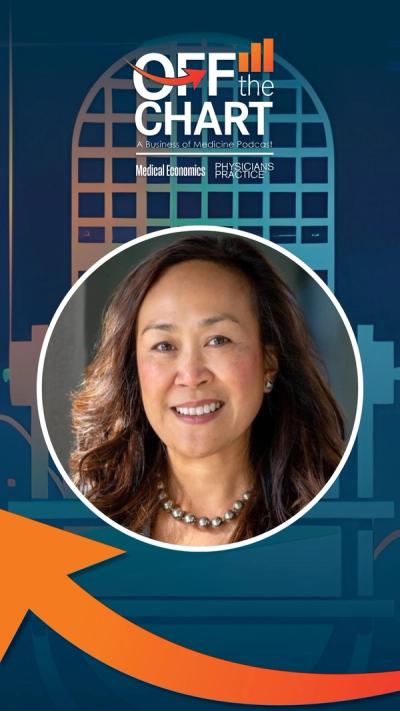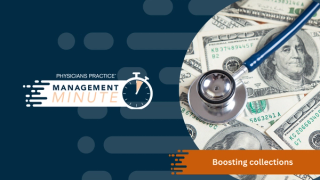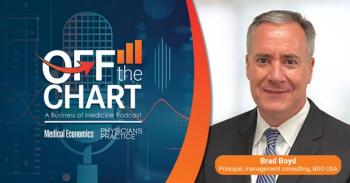
Billing & Collections
Latest News
Latest Videos

Shorts

Podcasts
CME Content
More News

Mutualism in health care enhances patient satisfaction and drives practice growth, emphasizing the importance of patient lifetime value.

Enhance efficiency and reduce costs in healthcare practices through small initiatives and smart billing techniques.

From integration fees to ongoing maintenance, here’s how practices can budget more realistically — and avoid surprises.

Healthcare costs soar as hospitals charge more for identical services than independent practices. Site neutral payment reform promises savings and better access to care.

Master key strategies — from check-in protocols to appeal tactics — that reduce billing errors and improve collections in today’s complex environment.

Rising patient costs transform exam rooms into checkout counters, prompting practices to adopt strategies for immediate revenue and improved cash flow.

Boost your medical practice collections with nine proven revenue-cycle tactics that cut denials, speed payments and keep cash flowing with no extra staff needed.

Health care practices enhance revenue by collaborating with payers for digital out-of-pocket payments, improving cash flow and patient engagement.

Hidden fees, rising costs and inefficiencies could be cutting into your bottom line.

Health care consumers seek seamless payment experiences that match their digital expectations. Providers must offer flexible options to enhance satisfaction and collections.

Your weekly dose of wisdom from the Physicians Practice experts.

Struggling with patient payments? Learn nine proven strategies to improve collections and protect your practice’s bottom line.

As health care payment processes continue to grow more complex, the case for integrated payment solutions becomes increasingly compelling.

Your weekly dose of wisdom from the Physicians Practice experts.

Given that so much of the high costs associated with running a healthcare business remains outside of the organization’s control, financial leaders will have to consider how they can impact the one area that is in their control in 2025: reducing administrative waste.

The plan presents a raise for 2026, with additional money for primary care.

Behind today's high denial rates lies a fundamental tension – coding requirements grow increasingly complex as coding resources lessen.

Though similar to other specialties, some billing codes are unique for behavioral therapy.

For healthcare providers, executives, and decision-makers, embracing AI in claims processing is not just a step toward improved financial outcomes—it’s an ethical commitment to better care and a more patient-centered approach to service delivery.

New legislation, as well as changes in patient expectations, present a host of challenges and opportunities for getting paid for service this year.

A little attention to small billing mistakes can save your practice big money

If you let patients know from the start what you expect from them, you’re far more likely to get the money you’re asking for.

High-deductible health plans are on the rise. Here are 10 methods to ensure your practice collects from patients with these plans.

As payers push docs to shoulder more risk, practices need to develop a strategy to maximize revenue

Collecting copayments and coinsurance can be challenging.

















